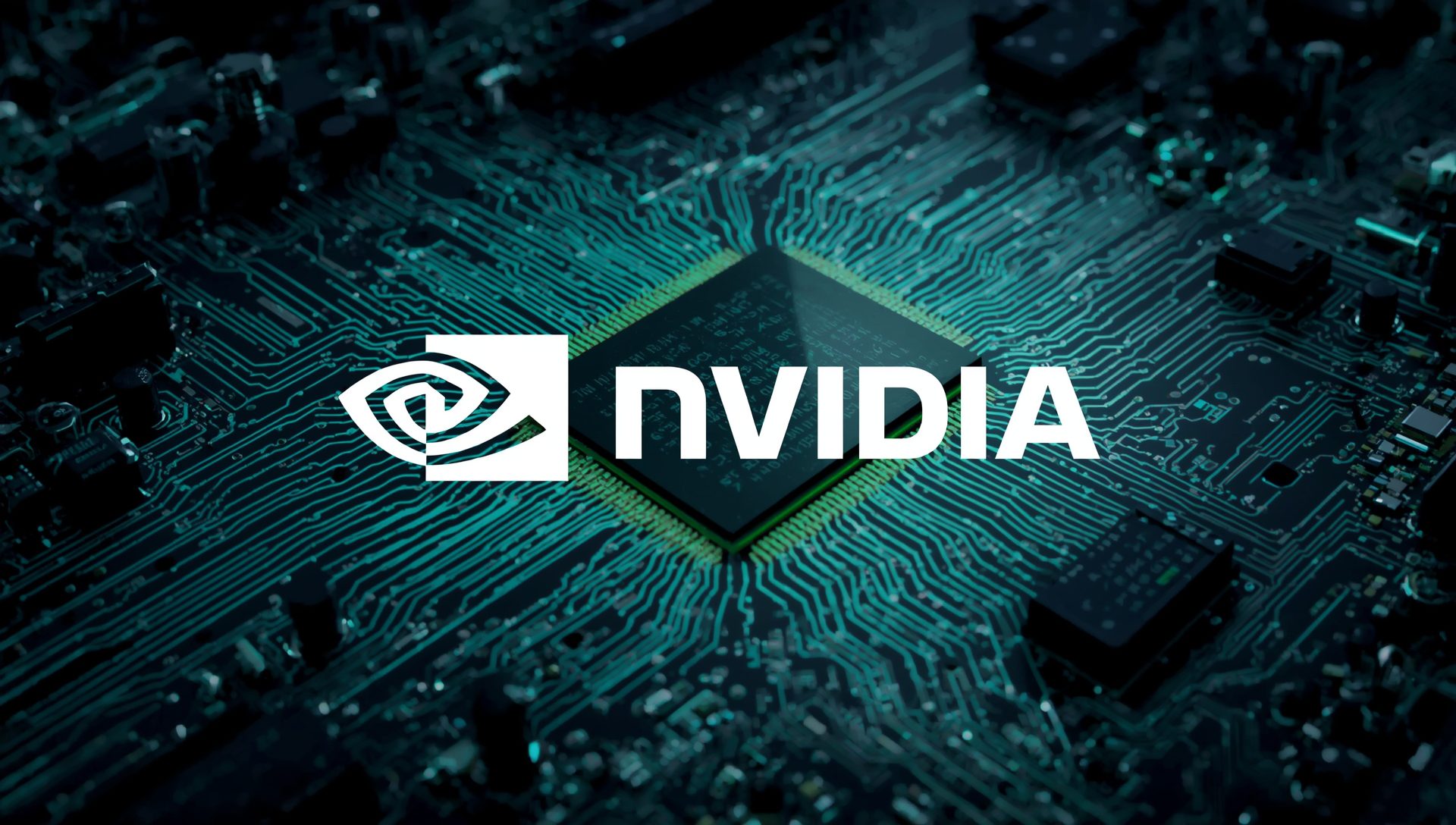
Nvidia and AMD Chipmakers Reach Revenue Sharing Agreement with US Administration to Resume Exports to China
Nvidia and AMD Chipmakers have become more flexible in their approach to complying with US regulations governing the export of semiconductors due to a recent change in Washington policy. As reported by the BBC, the two companies are now willing to pay a 15% tax to the American treasury based on their gross revenue earned in China so that they can sell select advanced chips in China. Bizrush
Background: US Export Restrictions of Advanced Chips
Beginning in 2023, the US placed restrictions on the sale of advanced high-performance computing equipment to China, targeting chips designed for generative AI, autonomous systems, and other dual-use military technologies. Both the Nvidia H20 accelerator and AMD MI308 were barred from China due to Trump-era restrictions, later reinforced under the Biden administration to limit the PLA’s access to advanced AI technology infrastructure.
The Deal: Revenue Sharing in Exchange for Export Licenses
Under the new agreement, select Chinese customers will receive shipments of the H20 accelerator from Nvidia, while AMD will sell the MI308 chip to China with a contractual obligation that 15% of gross revenue will be paid back to the US Treasury. Restrictions on military and security-sensitive purchasers remain upheld.
Political and Security Backlash for Chipmakers
The agreement has sparked political controversy and security concerns. Experts emphasize that China’s military and technological capabilities may be enhanced despite the 15% royalty. Critics argue that it sets a dangerous precedent by monetizing sensitive technology for fiscal purposes.
Lobbying and Negotiating Industry for Chipmakers
AMD and Nvidia have actively lobbied for relaxing export restrictions. Nvidia’s CEO, Jensen Huang, reportedly pushed for months to allow H20 exports to Chinese commercial customers and even sought meetings with former President Trump. Nvidia stated compliance with US government rules while seeking a framework to compete globally, including in China.
Financial and Strategic Implications
The revenue-sharing stipulation introduces unique financial and strategic consequences: Financial Impact on Chipmakers, Geopolitical Tensions, and Precedent-Setting for future export negotiations. Analysts highlight that the 15% share of gross revenue will affect profit margins but balances commercial access with national security considerations.
Considerations of the Industry and Intel’s Participation
US-China relations also influence Intel. Lip-Bu Tan, CEO of Intel, discussed operations in China with Trump, refuting allegations of conflict. The agreement with Nvidia and AMD now serves as a potential model for other semiconductor companies, including Intel, to partially ease export restrictions.
Feedback From Investors and Analysts
Investors have offered mixed reactions. Some view revenue-sharing as a pragmatic compromise balancing commercial interests and government oversight, while others warn against commoditizing national security. Hedge funds and semiconductor investors are cautious about long-term geopolitical impacts despite short-term revenue stabilization.
Strategic Implications for US and China
The agreement affects technological competition: Controlled Market Access, Revenue Incentive for US, and Policy Precedent. China gains limited AI-optimized chip access under strict oversight, while the US Treasury benefits financially. The deal restricts access to the most advanced systems, balancing technology proliferation with supervision.
Commercial and National Security Interests
The arrangement underscores the tension between national security priorities and commercial endeavors: Security Perspective emphasizes potential dual-use military applications, while Economic Perspective addresses revenue stabilization and market access for chip makers.
The Political Aspect for Chipmakers
Political scrutiny focuses on export provisions, alignment with long-term national security frameworks, and governance conflicts. Some lawmakers highlight that financial incentives in such deals may create tensions between revenue collection and oversight responsibilities.
Looking Ahead and What the Industry Expects
Key questions include whether other semiconductor companies will adopt similar revenue-sharing, if the 15% royalty could become standard for US export controls, and how China will respond to limited, highly taxed AI chip flows. Industry watchers foresee ongoing negotiations and long-term implications for AI development across civilian and military sectors.
Final Thoughts: US Chips Export Policy for Chipmakers
The Nvidia and AMD agreement establishes a new precedent for US export controls, offering firms a path to mitigate geopolitical challenges while raising national security and constitutional questions. For American firms, it stabilizes revenue; for the US government, it tests strategic investment funding; for China, it encourages supervised domestic innovation. Executives and officials must navigate complex business, competition, and national security dynamics in this emerging era of chip diplomacy.





